Planning your first trip is an exciting experience, but it can feel a little overwhelming. With so many details to consider, it’s easy to make mistakes that can derail your plans. The good news? A little preparation can help you avoid common mishaps.
Some common first-time travel mistakes:
- Packing too much
- Ignoring travel insurance
- Skipping research on local customs
- Forgetting to check passport validity
- Overbooking activities
- Not budgeting properly
Dodging these common mistakes can save you headaches and free up your energy for what really matters. Stay flexible, keep things simple, and focus on moments you’ll never forget. Ready to make this journey something special? Let’s dive in.
Overpacking And Underpacking
Packing for a trip can be tricky, especially for first-timers. Overpacking or underpacking can ruin the experience. Here’s what I’ve learned to help you avoid common mistakes.
Filling The Suitcase With ‘Just-in-Case’ Items
Overpacking means carrying stuff you don’t need. It adds weight, stress, and unnecessary items you’ll probably never use. Do you really need three pairs of boots “just in case”?
Here’s how to streamline your packing without sacrificing functionality:
- Opt for versatile clothing: Pack items that can be styled multiple ways or dressed up and down. Neutral tones navigate this well.
- Stick to layering: Instead of hauling bulky jackets for every scenario, layer lighter pieces to adapt to changing weather.
- Roll, don’t fold: Rolling clothes optimizes suitcase space, reducing creases and making room for essentials.
- Follow a one-week rule: No matter how long your trip is, pack for just one week. Laundry exists everywhere!
Packing lighter gives you peace of mind, financial savings, and greater freedom to explore without strain.

Forgetting Travel Essentials
Underpacking can be just as stressful. Forget something important, and you’re stuck overpaying or facing major hassles. Realizing you left your passport at home? Pure panic.
Avoiding this is simple if you rely on a checklist:
- Travel Documents: Passport, ID, any required visas, and travel insurance details.
- Toiletries: Toothbrush, toothpaste, deodorant, and any prescription medications.
- Tech Gear: Chargers, adapters, power banks, and headphones.
- Snacks & Comfort Items: A water bottle, neck pillow, and a good book always come in handy.
- Clothing Basics: Weather-appropriate layers, undergarments, and comfortable walking shoes.
Using a packing checklist before departure saves stress and ensures the essentials aren’t left behind. There’s nothing better than starting a trip knowing you’ve got exactly what you need.
Failing To Research Destinations Properly
First-time travelers often skip research, leading to cultural missteps, weather issues, or wasted time. Plan ahead for a smoother trip.
Not Understanding The Local Culture And Customs
Skipping research on local customs can seem rude. For instance, tipping is not accepted in Japan but is expected in Europe. In Thailand, dress codes at temples require covered shoulders. Knowing these customs helps avoid awkward situations and shows respect.
Before traveling, check guidebooks and tourism websites. Local blogs often share tips you won’t find elsewhere. Understanding the culture helps you connect with people and enhances your trip.
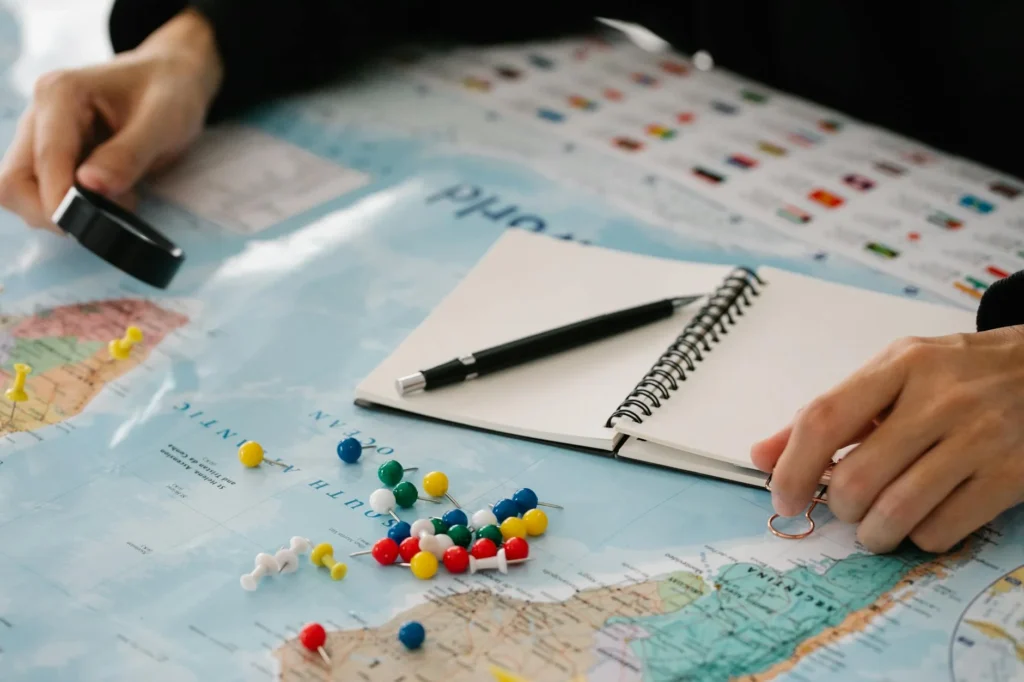
Ignoring Local Weather Conditions
Skipping the weather check before packing can ruin your trip—rainy Paris springs or Bali’s heat demand the right clothes.
Use apps like Weather.com or AccuWeather to plan for each day. Pack layers for temperature swings or a rain poncho for surprises.
Being ready for the weather isn’t just smart—it keeps your plans on track and stress-free.
Budgeting Errors
Planning a budget trip takes skill. But even the best plans can go wrong if you miss important details. Budget mistakes can ruin your trip faster than a lost passport. Here’s where beginners often stumble and how to avoid those mistakes.
Skimping On Travel Insurance
Skipping travel insurance can backfire. Medical emergencies or trip cancellations happen, and the costs add up fast. A hiker I met broke her ankle in Peru—her hospital bill was thousands. Without insurance, she’d be in serious financial trouble.
To pick the right travel insurance, keep these tips in mind:
- Assess Your Coverage Needs: Are you trekking in remote areas or sticking to cities? Tailor the policy to your activities.
- Check What’s Included: Look closely at medical coverage, trip delays, and evacuation services. Some policies even cover lost luggage.
- Compare Plans: Use tools like comparison websites to find a policy that fits your budget and needs.
Trust me, the small upfront cost of insurance can save you massive headaches later.

Underestimating Daily Expenses
Small expenses like coffee, tips, metro rides, or souvenirs add up fast. I learned this in Barcelona—those tapas aren’t cheap!
Here’s how to stay ahead:
- Plan For Hidden Costs: Include extra for tips, transportation passes, and admission fees.
- Track Everything: Use budgeting apps to keep tabs on what you’re spending in real-time.
- Set A Daily Limit: Withdraw cash for the day so you’re not tempted to swipe your card endlessly.
A little wiggle room in your budget can go a long way, especially when those unexpected costs arise out of nowhere.
Poor Time Management
Poor time management can ruin even the best travel plans. Overbooking or cutting it too close leads to stress, not fun. Here’s where beginners often mess up and how to fix it.
Overloading Itineraries
Packing your schedule with nonstop activities sounds productive but leads to burnout. Ever been too tired to enjoy a sunset after rushing all day? Same here.
The key is pacing. Instead of cramming everything into one trip, focus on priorities and leave room for flexibility. Here’s what has worked for me:
- Limit Key Activities: Aim for 2-3 main activities per day. More than that feels rushed.
- Schedule Breaks: Build in buffer times to rest or simply wander without purpose.
- Allow Room for Delays: Always leave gaps for delayed trains, slow lunches, or a surprise you want to linger on.
Slowing it down not only reduces stress—it also gives you space to truly soak in each moment.
Arriving Late For Flights Or Transportation
Few things spike stress levels faster than running late for transportation. Missing a flight or train isn’t just a logistical headache; it can also mean shelling out extra cash for last-minute alternatives. I’ve seen more than a few travelers sprinting through airports, and trust me, it’s not fun.
Staying punctual doesn’t require a miracle, just some simple habits. Here’s my go-to plan:
- Check Commute Times: Factor in additional time for traffic, lines, and unexpected delays.
- Set Reminders: Use your phone to remind you when to leave, accounting for check-in and security checks.
- Wake Up Earlier: Mornings can be chaotic, so allow extra time to get ready.
By planning for punctuality, you’ll never miss the journey before the destination. Plus, having time to relax before boarding is far more enjoyable than a sweaty sprint across terminals.
Ignoring Health Precautions
Ignoring health precautions while planning your trip can lead to avoidable issues and illnesses. Travel should be about fun and discovery, not dealing with stomach problems or fevers in your hotel. Taking care of your health lets you enjoy your adventures wherever you go.
Skipping Recommended Vaccinations
Skipping vaccines can be risky. Some places require them for entry, while others recommend them for your safety. Diseases rare at home might still exist abroad.
Check the CDC or WHO for vaccine guidelines. Vaccines protect you and help stop the spread of illness to others. For example, yellow fever shots are mandatory for parts of Africa and South America. Without it, you might be denied entry.
Visit your doctor or a travel clinic early—some vaccines take weeks to work. Vaccines may not be fun, but they’re key to staying healthy while traveling.
Eating Adventurously Without Precautions
Trying local food is a huge part of travel. But choose wisely—poor hygiene can ruin the experience.
Follow these basic tips for enjoying foreign cuisines safely:
- Start Small: If you’re unsure about how your stomach will react, ease into street food. Stick to cooked dishes that are steaming hot.
- Drink Bottled Water: Avoid tap water in regions where it isn’t safe. Use bottled water even for brushing your teeth.
- Be Wary of Raw Foods: While fresh salads or seafood may look tempting, they can harbor bacteria if not washed or stored properly.
- Trust the Crowds: A stall or restaurant buzzing with locals is often a sign of clean, quality food.
While food is a wonderful adventure in itself, exercising caution ensures those adventures remain memorable in the best way.
Neglecting Safety Measures
Safety may not be your top travel thought, but lacking basic precautions can turn a fun trip into a stressful experience. Oversharing on social media and leaving valuables unguarded can make you vulnerable. Here are two safety mistakes travelers often make and how to avoid them.
Sharing Too Much Travel Information Publicly
Social media makes sharing trip moments tempting, but it can also compromise safety. Real-time posts with location tags can draw unwanted attention. This lets thieves know you’re away, putting your home at risk.
Instead:
- Post updates after you’ve left a location.
- Use platform settings to limit who sees your posts.
- Avoid tagging specific accommodations until you’ve checked out.
Online security is important too. When at a café, don’t connect to open Wi-Fi. It can let hackers access your emails and bank info. Use a VPN to keep your connection safe or stick to secured networks. It’s easier than dealing with stolen data.
Not Safeguarding Valuables
The world has many pickpockets, especially in busy tourist spots. Luckily, you can stay safe with a few simple tips. First, use your hotel safe for things like passports, jewelry, and extra cash. When you’re out, wear a sturdy money belt to keep your valuables secure.
Avoid showing off expensive gadgets. Traveling light helps reduce risk. Don’t keep all your essentials in one bag. Spread them out across hidden pockets or different locations.
With these strategies, you can outsmart thieves and enjoy your trip worry-free.
That’s a wrap!
Traveling for the first time can feel overwhelming, but with some simple adjustments, your trip can be so much easier. Common missteps like overpacking, cramming your schedule, or skipping research can lead to unnecessary stress. A little planning goes a long way.
You don’t have to get everything perfect. Smart travel is about learning as you go and making choices that work for you. The goal is to enjoy the journey, not just the destination.
- Pack light and only what you truly need.
- Keep your itinerary flexible, not overloaded.
- Research basic info about your destination.
- Double-check travel documents before leaving.
Plan with intention and stay open to surprises. A thoughtful approach helps you get the most out of every adventure. Relax, enjoy, and make memories that last.

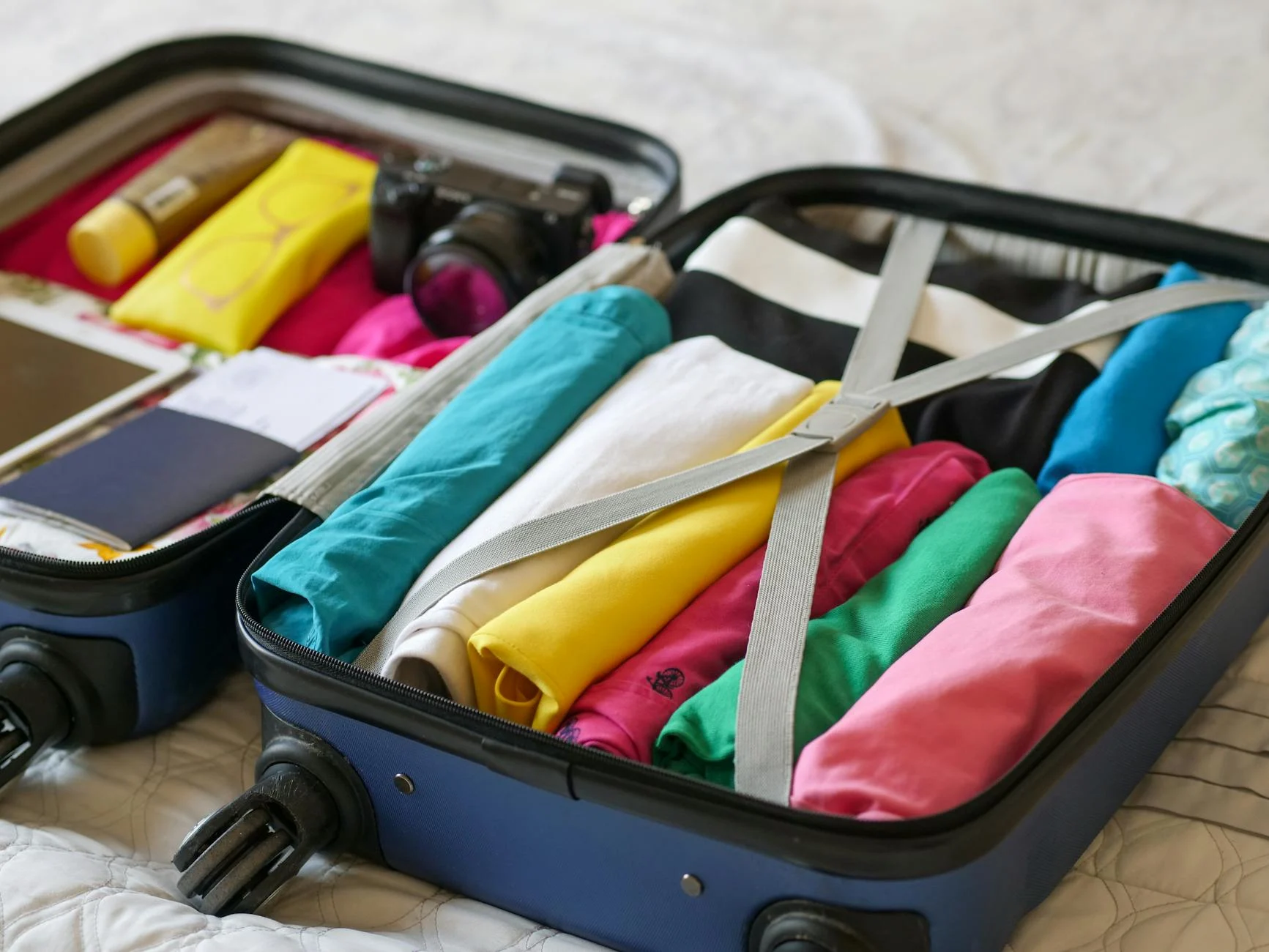
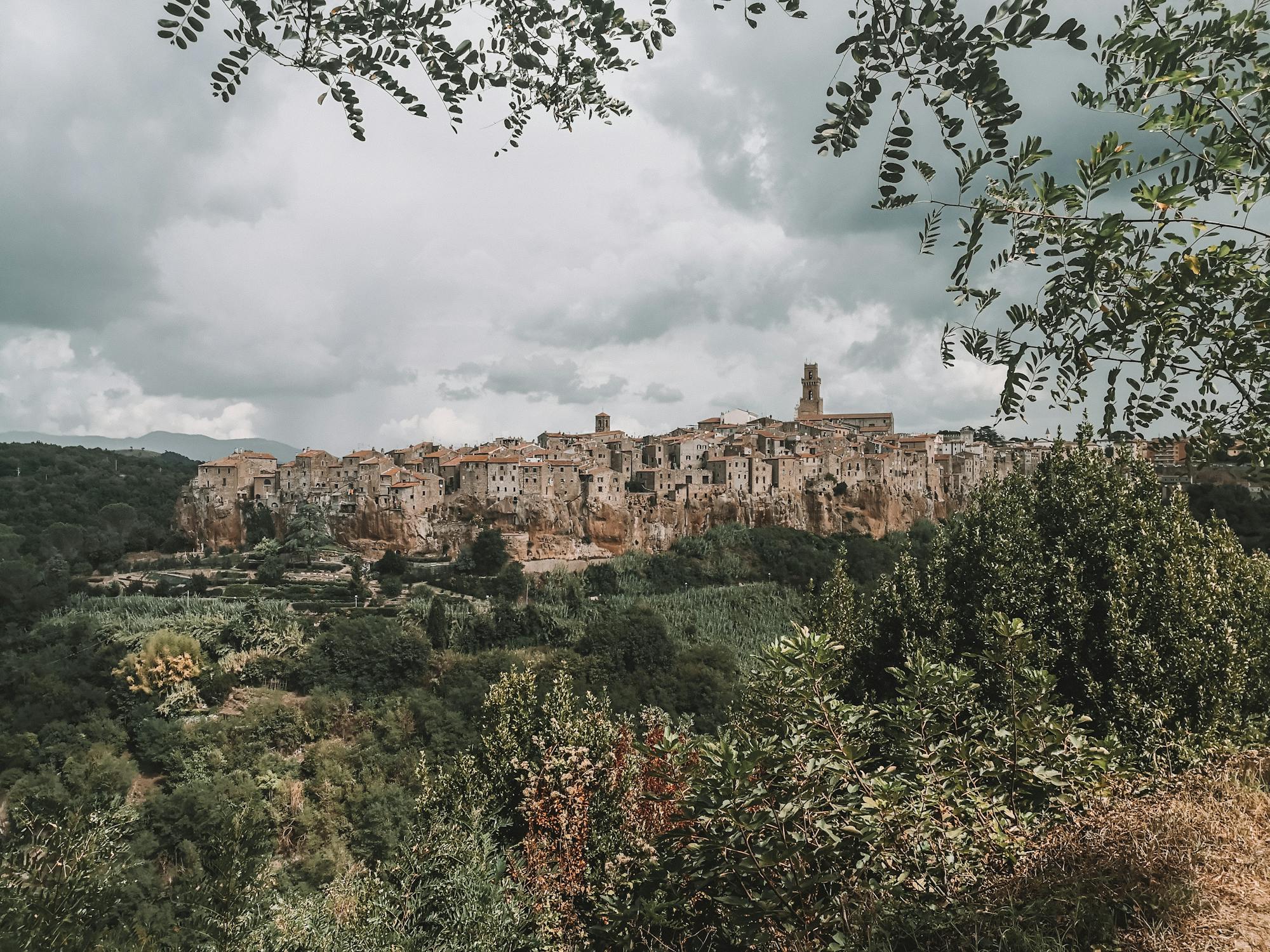
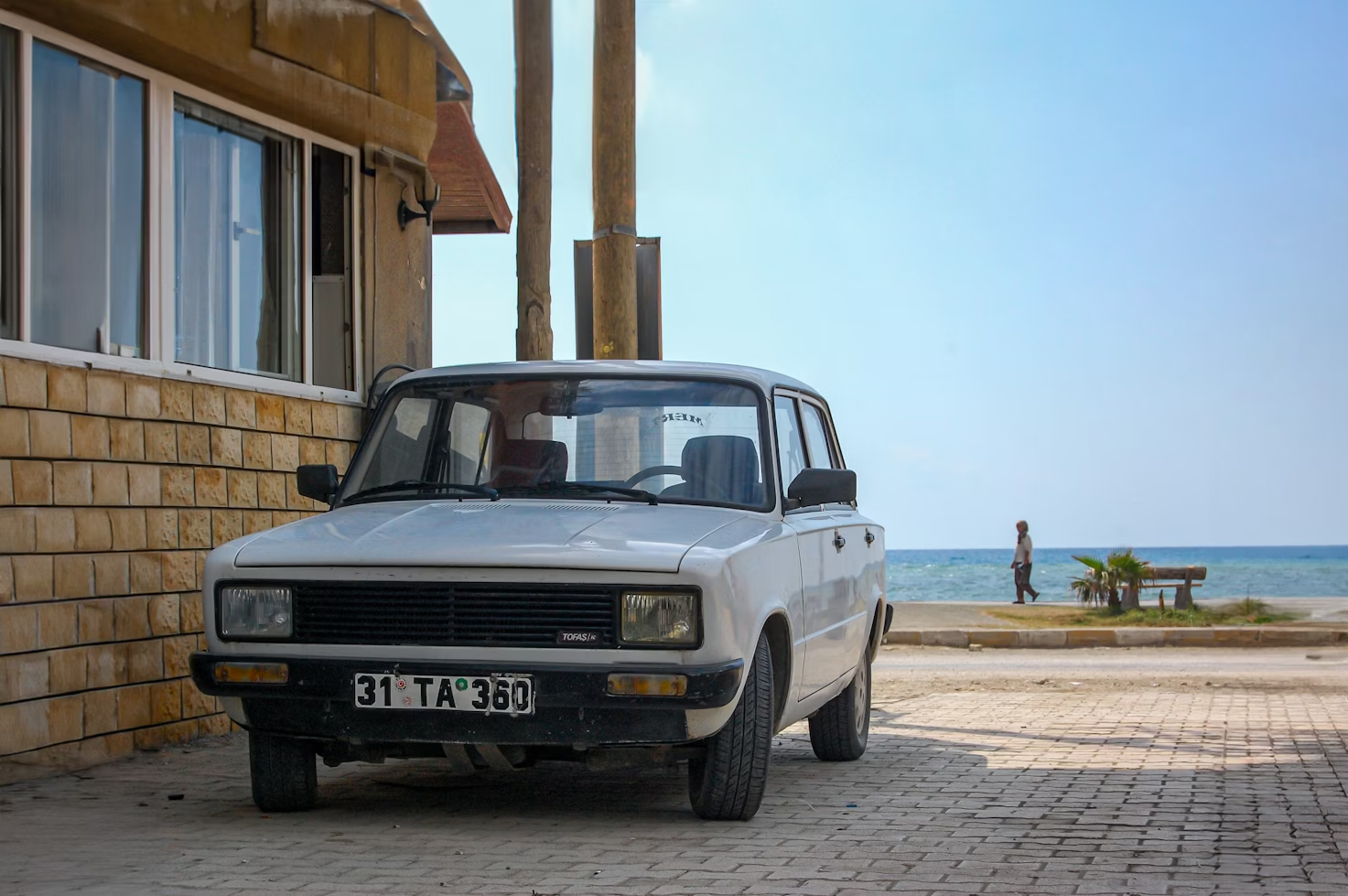
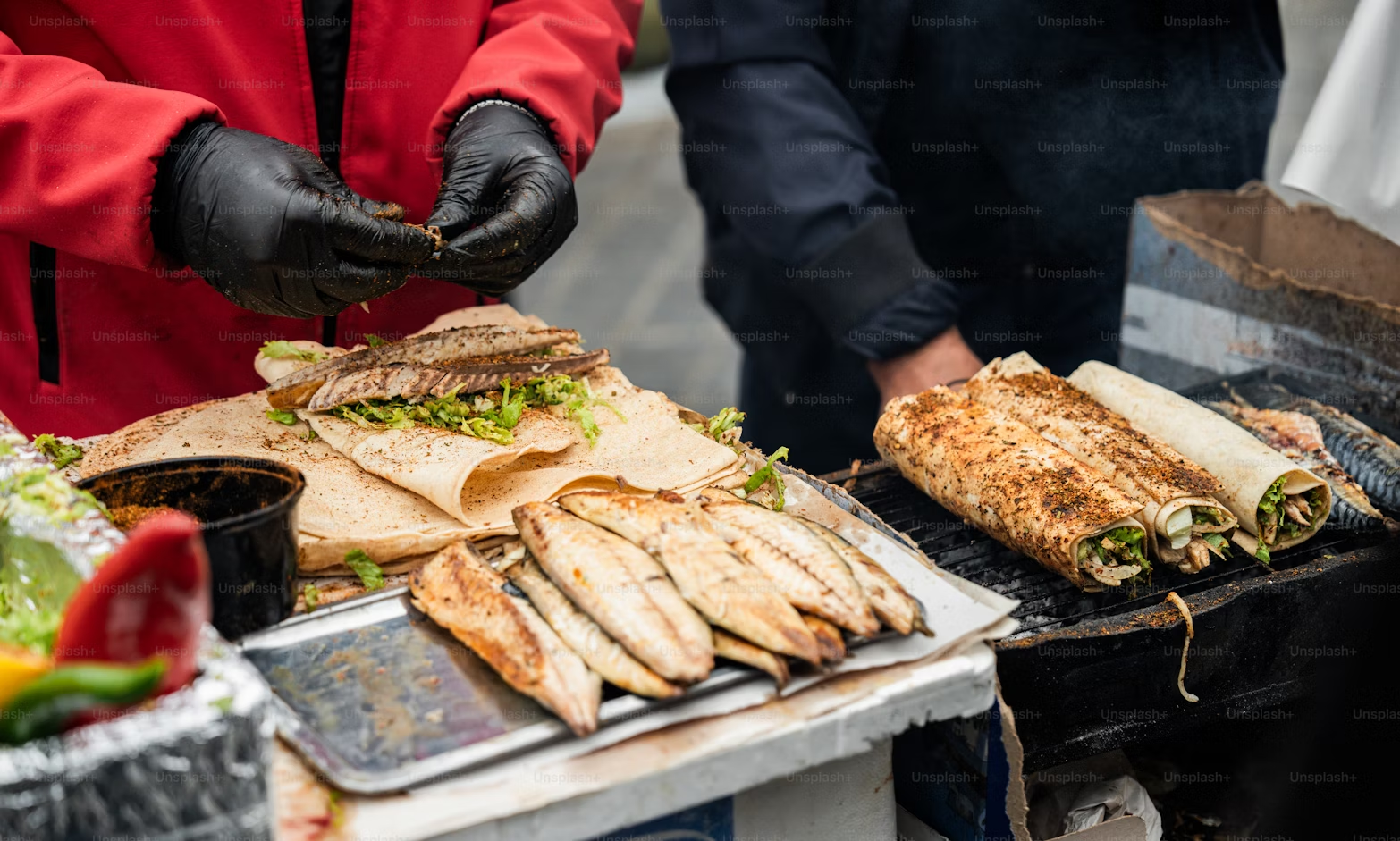

12 Responses
Loved the part about overpacking! As someone who travels for marathons, learning to pack light but efficiently was a game changer. Totally relate to ditching those ‘just in case’ items.
Great points on budgeting errors. Any tips on apps or gadgets to help manage expenses while traveling? Always find myself going over budget.
Researching destinations properly is crucial! I’ve had my share of misunderstandings due to not knowing local customs. Thanks for highlighting this, TouristTales.
Ignoring health precautions was a big mistake for me. Thought I could skip the shots, ended up sick. Never again!
Skipping vaccinations is risky. Always best to consult with a travel medicine specialist before your trip!
qaab4c
Poor time management can suck the joy out of travel. I’ve learned to enjoy the journey, not just the destination. It’s more fulfilling that way.
Ignoring local weather conditions can be a major drawback, especially when you’re chasing solar eclipses like me. Always check the weather!
Can’t stress enough how important it is to not share too much information publicly. Keeping a low profile has kept me safe on many trips.
Eating adventurously can be the best part of traveling! Just make sure you know any potential risks. Learned that the hard way in Mexico.
Underestimating daily expenses is too real. Always add a buffer to your budget; it’s a lifesaver. Also, street food = budget-friendly and delicious.
Overloading itineraries is a mistake I’ve made too many times. Nowadays, I try to balance work with enjoying the locale I’m in, really makes a difference.